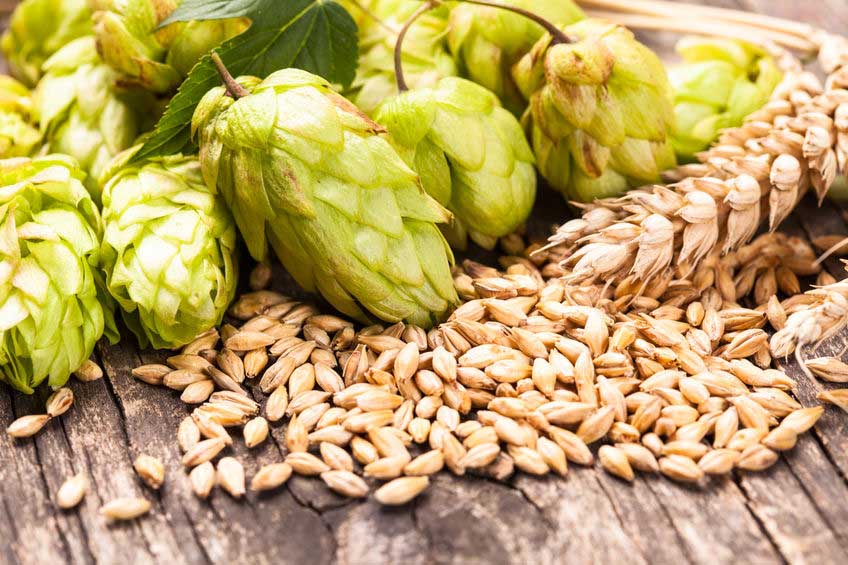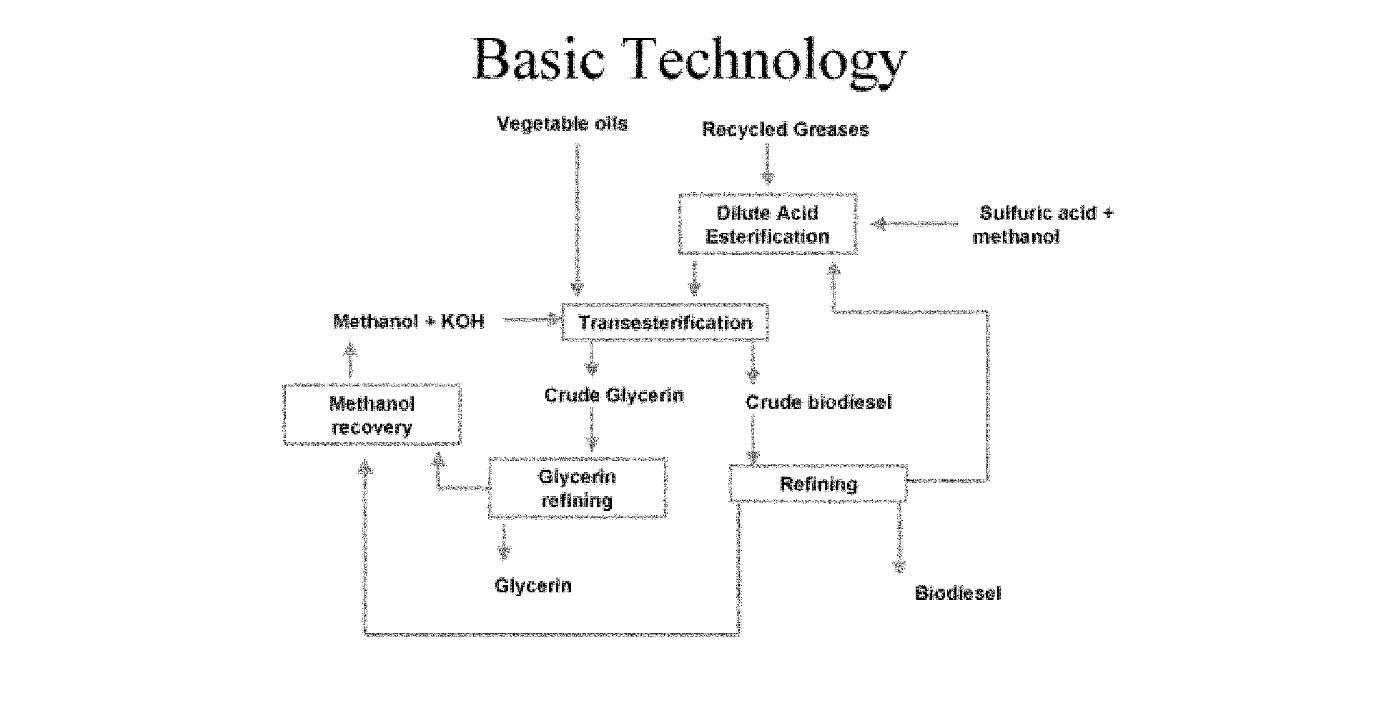
07 Mar 2016 Distiller’s Dried Grains…Not as Charming as it Sounds!
Distiller’s dried grains (with solubles) or DDGS, an item you will find further down the list of ingredients in many commercial horse feeds, may evoke a quaint image in your mind of a traditional brewery for beer or distillery for spirits, but unfortunately the reality is somewhat different. Distiller’s dried grains are a by-product from the bio-fuel industry and they are currently sold as a feed ingredient in many livestock feeds for beef cattle, milk cows, pigs, chickens as well as horses. In the early 1900’s this by-product was already used to feed cattle by farmers who were brewing some alcohol for human consumption ‘on the side’. However, much less is true these days, because the alcohol or ethanol production is now mainly a bio-fuel and thus not intended for consumption.
Having said that, this will have implications as to how suitable the by-products of this industry are for animal feed and more particularly for horse feed. A little explanation of how the bio-fuel is made will already clarify some of the concerns one should be aware of.

We can see from the diagram above that vegetable oils are at the source of the bio-fuel. Although it is much like brewing beer or spirits, there are some distinct and important differences. In the USA corn is the main source of the ethanol or biofuel production. New or used corn oil are used as the base. This mixture is then filtered and pre-processed to remove contaminants. Alcohol (usually methanol) and a catalyst such as potassium methylate (KOH) are added so the oil molecules are broken apart which are then separated and purified. This is a simplified description of the process but it gives you the idea.
So where are the brewers dried grains?
The corn is first of all mixed and mashed to extract the starch (sugars) and oils. The mash is warmed up and yeast is added to enhance the fermentation process. During this process there is the risk that the mash becomes contaminated with bacteria which compete with the yeast for the sugars in the mash. These bacteria will reduce the alcohol production and thus the yield of the bio-fuel. To solve this problem the ethanol producers will add antibiotics to the mash. Once all the alcohol is extracted from the mash, what remains is a mixture of protein, fiber, oil and non-fermented starch at a concentration three times greater than that in its original form. Additionally antibiotic residues from the fermentation will be present. This gets sold to the animal feed industry to be fed to pigs, cattle, dairy, chickens and horses.
The bio fuel industry has absolutely exploded since 2000 and even more since 2005. They are very keen to be able to sell this by-product as that will only add to their bottom line. It can make up to 20% of an ethanol plant’s revenue stream. The food and agriculture organization of the United Nations has published a document in 2012 in which the challenges and opportunities of the use of biofuel co-products as livestock feed are discussed. A number of these concerns are very much applicable to the addition of these by-products to horse feed. Some are more directed towards feed used for animals for human consumption.
GMO’s
Corn is the main source of bio-fuel in the USA and 98% of that has been genetically modified. While this modification has led to higher yields and reduced water requirements as well as reduced carbon dioxide emissions, there are a number of health concerns when this corn or its residues enter the human and animal food consumption. In 2007 this corn was approved for human food consumption and in 2011 totally de-regulated. More recently there are increasingly more concerns about the risks associated with GM foods and the short and long term consequences of these technologies in our food chain.
Use of Antibiotics and antibiotic residues
As described above, in order to keep the bacteria population down which cause lower yield of biofuel during fermentation, antibiotics are being added to the mash. Penicillin and virginiamycin have been the most commonly used. Currently there is no FDA regulatory enforcement or monitoring of antimicrobial residues in distillers by-products produced by the ethanol industry. The agency has relied solely on self-regulation by the industry and only called for voluntary reductions in antibiotic use. Studies done in 2007-2008 and 2010, both by FDA and corn-industry supported university, have revealed that some of those antibiotics remain present in the leftover corn mash or distillers grains. The agency however has refused to publish the complete study results. Bacterial resistance to antibiotics is a serious health concern and not to be overlooked. Some companies have started to go antibiotic free, but the vast majority is still not.
Other concerns in the report are related to:
Bacteria in distiller’s by-products: the possibility of bacteria being present in the by-products exists, which was confirmed after a survey done by the FDA. Both E.coli and Salmonella bacteria were present. High levels of inorganic Sulphur: Sulphur is an essential mineral for animals and serves many important biological functions in the body. However, horses can mainly use and dispose of organic sources of sulphur, which are available in forages as well as in corn and soybean protein. Inorganic sources of sulphur such as the type added during ethanol production, and which are the major type of sulphur found in the DDGS (according to a study done in 2010) can lead to excesses in sulphur and in turn cause toxicity and death of the animal. The process of adding sulphur to the mash as well as the increased sulphur already present in corn need to be considered and balanced as excess sulphur will also have negative effects on the bio-availability of selenium and vitamin E.
Presence of Mycotoxins: Mycotoxins are poisonous chemical compounds produced by certain fungi. They are capable of causing disease and death in humans and animals. If mycotoxins are present in the grain used to produce ethanol and its by-product, they will not be detoxified during the production process but instead actually concentrated by a factor of approximately three.
Summary
By reading an equine feed label, there is no way to know weather the distillers grains are made from non-gmo corn, have or don’t have antibiotic residues, contain harmful bacteria and/or toxins or not, or how much inorganic sulphur is in them among other concerns. Unless manufacturers label this information if they even know about it themselves, we don’t know.
We can however vote with our dollars. We have a choice to buy this product without questions asked, or we can start asking questions. When the answers are not to our satisfaction, we can decide to buy other products altogether. Organic sources of feed and whole foods that have not been processed are an alternative option and a way to a more healthy and sustainable way of feeding and living for our equine companions.
References
Distillers dried grains as a feed ingredient for horse rations: a digestibility and palatability study – KER
https://ker.com/wp-content/uploads/2015/03/1991-2.pdf
Use of DDGS in horse and companion animal diets
https://www.grains.org/sites/default/files/ddgs-handbook/Chapter-27.pdf
Distillers Grains Technology Council
http://www.distillersgrains.org/files/feedsource/horse_flyer.pdf
Effects of feeding distiller’s dried grains with solubles on growth and feed efficiency of weanling horses
Therese A. Bonoma, Amy C. Brogren, Kevin H. Kline, PhD, Kristine M. Doyle, BS
Department of Animal Sciences, University of Illinois Urbana-Champaign, IL
http://www.j-evs.com/article/S0737-0806(08)00349-3/abstract
Biofuel co-products as Livestock feed – opportunities and challenges – edited by Harinder P.S. Makkar. FAO, 2012, Rome, Italy.
http://www.biofuelscoproducts.umn.edu/sites/biodieselfeeds.cfans.umn.edu/files/cfans_asset_422726.pdf
Sulfur Concentration in Distiller’s Dried Grains with Soluble (DDGS) and Its Impact on Palatability and Pig Performance
http://old.pork.org/filelibrary/researchdocuments/08-093-zhang-siu.pdf
Factory Farms: Antibiotics in distillers grains
http://www.centerforfoodsafety.org/issues/307/animal-factories/fact-sheets/2195/animal-factories-antibiotics-in-distillers-grains
Antibiotics in distillers grains raises some concerns